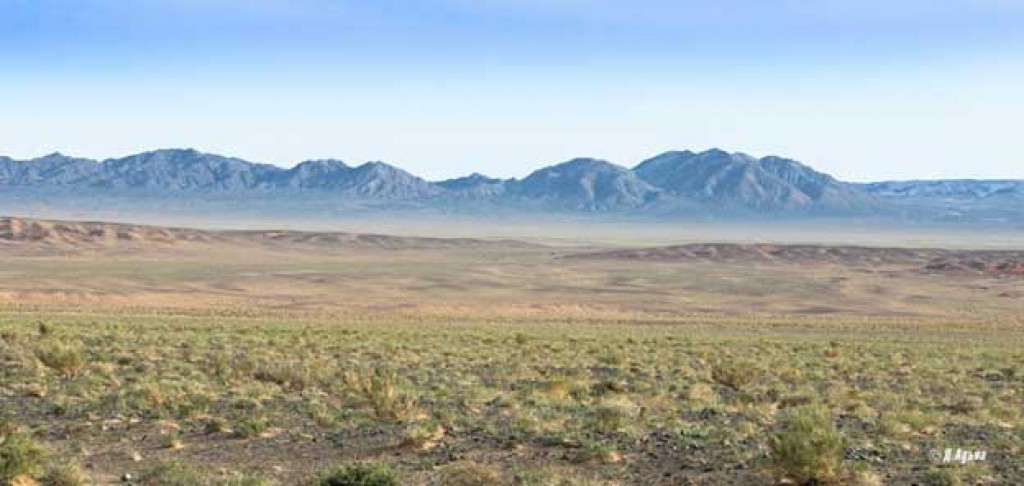Degraded range lands in Mongolia to be decreased

An Asian Development Bank project supported by concessional loans and grant financing from the Green Climate Fund, the European Investment Bank,
An Asian Development Bank project supported by concessional loans and grant financing from the Green Climate Fund, the European Investment Bank, and the European Union is currently aiming to transform behaviors and sector practices that had been major push factors in rangeland degradation. Incentives will also enable herders to become better organized and implement low-carbon, climate-resilient rangeland management. This includes implementing more sustainable grazing practices and destocking processes, restoring the traditional herd composition with a reduced share of goats based on the rangeland carrying capacity, and facilitating conflict resolution among herders. Although the project has only just started, it will be an innovation for the Mongolian rangelands, enabling resource users to cooperate and helping to improve rangeland management by reducing the vulnerability of the rural economy to climate change. Eventually, it will also promote decreases in livestock herds, mitigate climate change, and increase resilience and adaption to climate change, with synergies capitalizing on the enormous potential capacity of grasslands as carbon sinks. The Mongolian rangelands have been identified as among the most sensitive to climate change and variability, and degradation has been alarming. Currently, over 70 percent of the rangelands have changed from their natural state. Climate factors are the leading cause of degradation, human activity, and grazing pressure. In such circumstances, herders compensate for their vulnerability, losses of livestock and income due to extreme climate events, and decreases in vegetation by expanding their herds. Losses force herders to compensate by increasing livestock numbers, creating a vicious cycle. Therefore, improving rangeland management offers Mongolia tremendous opportunities to mitigate climate change. It is estimated that Mongolia could avoid more than 440 million tons of carbon dioxide-equivalent emissions over 20 years through soil carbon sequestration.

